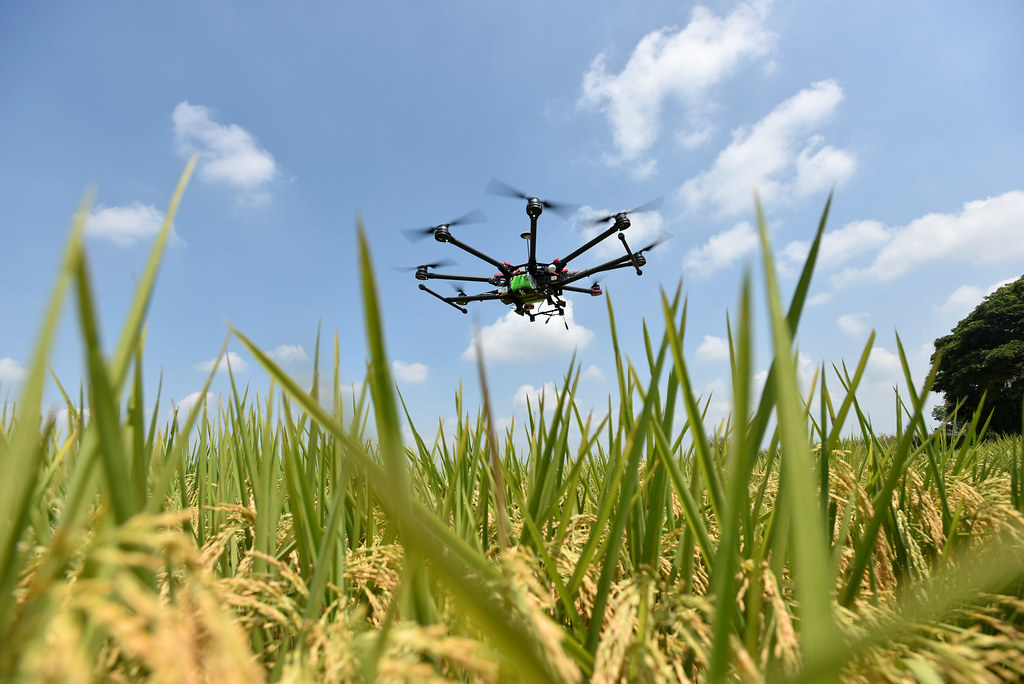-
RAAF
Contributing to the implementation of the Regional Agricultural Policy
RAAF Approach is essentially based on getting things done.
-
Thematics

Thematic areas
The implementation of the Regional Agricultural Policy (ECOWAP) is built around nine thematic areas.
-
Projects
- Renforcement des capacités pour la mise en œuvre de l’ECOWAP en Afrique de l’ouest
- At the end of PRAPS-1, which achieved significant progress in relation to most of the issues relating to animal health, sustainable management of rangelands and pastoral resources, livestock trade, and prevention and management of pastoral crises, the Wor
- Fruit flies are a major problem for the horticultural sector in West African countries. They destroy 50 to 80% of fruit production.
- The Global Climate Change Alliance Plus (GCCA+) is the second phase of an initiative of the same name launched by the European Commission in 2008
- West Africa is one of the most vulnerable regions in the world.
- Renforcement des capacités pour la mise en œuvre de l’ECOWAP en Afrique de l’ouest
- West Africa is facing three major challenges: (i) structural food and nutritional insecurity, (ii) the effects of climate change (droughts, aridity, floods, etc.), (iii) salinization and physico-chemical degradation of agricultural land.
-
News
Follow our news and events
-
Resources
Contents
More information on our work.
-
Multimedias
Interaction
Audio-visual based communication
-
Opportunities
Get Involved
- Portals
Beyond the regulatory action, the ECOWAS Commission attaches great importance to strengthening the capacities of its Member States and their understanding of the rules enacted for the enforcement of the Paris Agreement.
The Paris Agreement aims to strengthen the global response to climate challenge. Its success is based on the commitment and accountability of countries. The modalities were gradually clarified through successive Conferences of Parties (CoPs) until the adoption in 2018 of the Book of rules governing this framework. The 17 West African States of the ECOWAS region and members of CILSS are signatories to this Agreement.
With the support of the GCCA+ West Africa project, funded by the European Union and implemented by Expertise France, the ECOWAS Commission, through its Department for Agriculture, Environment and Water Resources, published in September 2020 a Guide on the Paris Agreement for its enforcement by Member States. The ambition is to help developing countries meet their obligations based on a good understanding of the meaning and scope of the Agreement provisions.
The Guide aims first and foremost to supporting the Member States of ECOWAS and CILSS in due enforcement of the Agreement. It considers their specific needs as well as the initiatives of some of them that can inspire other States in the region. Subsequently, the Guide presents concrete examples of ongoing or completed projects carried out by the States to comply with the provisions of the Agreement. It also puts into perspective examples of regional actions likely to strengthen the enforcement of the Agreement and cooperation actions in the region.
Notwithstanding the fact that the ECOWAS Commission is not a signatory to the Agreement, it nevertheless has strong regulatory prerogatives applying to all its Member States, as Community law takes precedence over national law. As such, it intends to put this regulatory power at the service of climate action while strengthening its initiatives to make its regional sector policies climate-friendly and providing targeted support to the least equipped States.
As part of the efforts to controlling climate challenge, the ECOWAS Commission launched last November, jointly with the West African Development Bank (BOAD), a regional project to support the promotion of climate-smart agriculture in West Africa. Implemented by the ECOWAS Regional Agency for Agriculture and Food, the project is carried by BOAD, the designated regional entity of the Adaptation Fund which finances it and covers 5 ECOWAS Member States.
Read more...
- Livestock farming and pastoralismPublication date:
- Climate change
- Climate change